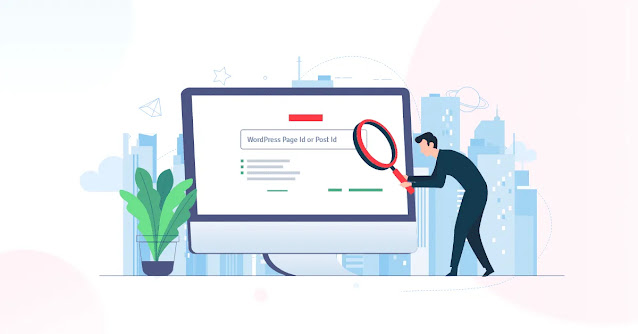Is Rewriting a Paragraph Plagiarism?
In the digital age, concerns about plagiarism have become increasingly prominent. Rewriting a paragraph to avoid plagiarism is a common strategy among students and professionals alike. But does this practice constitute plagiarism?
To answer this, it's crucial to understand what plagiarism is. Plagiarism involves using someone else's work or ideas without proper attribution. It doesn't just apply to copying text verbatim but also to paraphrasing without credit. Simply changing a few words or rephrasing a paragraph does not make the content original.
When you rewrite a paragraph, you need to ensure that the new text is genuinely your own. This means not just switching synonyms or altering sentence structures but providing a fresh perspective or additional value. Proper paraphrasing involves thoroughly understanding the original content, and then expressing it in a way that reflects your voice and comprehension.
However, even with effective paraphrasing, it’s important to cite the source. Acknowledging the inspiration or basis for your content is essential in maintaining academic integrity and ethical writing standards. Failing to do so, even with a rephrased paragraph, can still be considered plagiarism.
In academic and professional settings, tools like plagiarism checkers can help identify potential issues. These tools compare your text against a vast database of sources to detect similarities. While they are useful, the best practice remains understanding and correctly applying the principles of proper paraphrasing and citation.
In conclusion, rewriting a paragraph to avoid plagiarism is possible, but it requires more than just superficial changes. It demands a deep engagement with the original material and a commitment to ethical writing practices. By properly paraphrasing and giving due credit, you can create original content that respects the work of others while contributing your unique insights.



Comments
Post a Comment